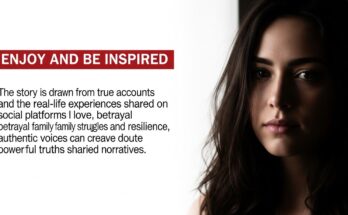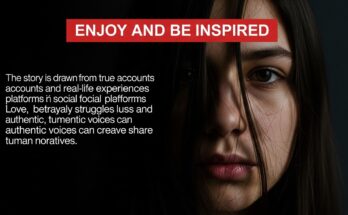He was just fourteen when brain cancer took his mother. The loss was sudden and devastating, and though grief therapy helped, the pain never fully faded. Before she passed, his mom had endured a toxic rivalry at work with a woman named Dora—someone who made her final months even harder. After her death, Dora left a vile comment on Facebook: “Hope she rots in hell.” He saw it. He never forgot it.
Three years later, his father began dating Dora. The betrayal was staggering. His dad begged him to give her a chance, saying she made him happy and that his mother’s issues shouldn’t define Dora. But to him, it wasn’t just history—it was personal. Dora had mocked his mother’s death. There was no forgiveness to offer.
He gave his father a choice: Dora or him. His dad didn’t choose. So he packed his things and moved in with his aunt. He blocked his father’s number and kept it that way. The silence was painful, but necessary. Some wounds don’t heal with time—they need distance.
Recently, his grandfather gave his father the new number. Messages started coming in. His dad wanted to reconnect, to be “civil” with Dora. But the son ignored them. His grandmother urged him to forgive, to rebuild the relationship. But he stood firm. Dora wasn’t just a mistake—she was a line he refused to cross.
He didn’t regret leaving. He didn’t regret choosing peace over forced reconciliation. His mother deserved better in life—and in memory. And he wouldn’t let her be disrespected by the very people who claimed to love him.
Now, he lives with clarity. He may have lost his mother, but he refuses to lose himself. And if that means keeping his distance from those who sided with cruelty, so be it.


